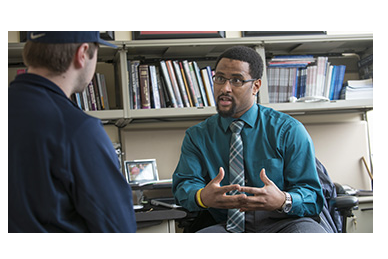Common Academic Interview Questions
It is rare to know which questions you will be asked during an interview. The best preparation is to dedicate time to practice aloud, identifying examples and developing short narratives to evidence your skills, and anticipating and understanding what an interviewer (or committee) seeks to learn about you.

